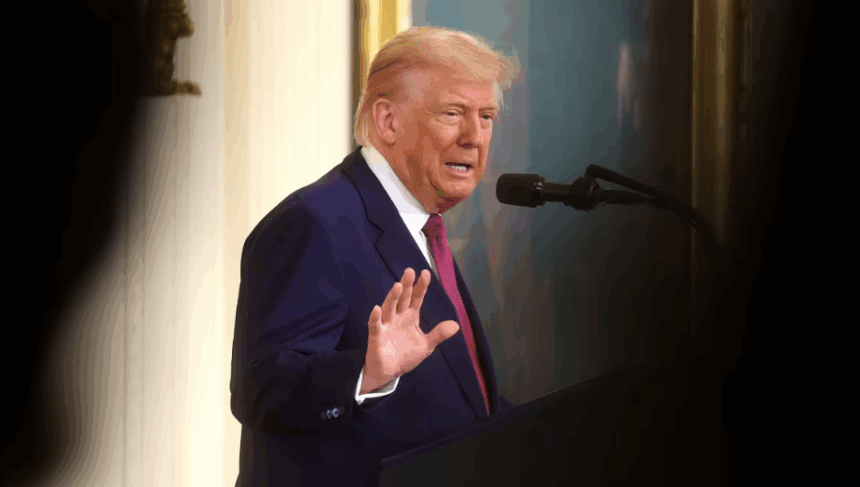As tensions between Israel and Iran intensify with continued cross-border strikes, former President Donald Trump is making clear his intent to keep the United States from becoming directly entangled in the conflict—for now.
Despite mounting pressure from within his own party, Trump has taken a cautious stance, reiterating that the U.S. is not currently engaged in offensive operations alongside Israeli forces. In an interview with ABC News on Sunday, he said, “We’re not involved in it. It’s possible we could get involved. But we are not at this moment involved.”
Since Israel’s initial strike on Iranian targets early Friday, the United States has offered defensive support—primarily helping intercept Iranian reprisal attacks—but has refrained from endorsing or joining Israel’s broader military campaign, particularly efforts to dismantle Iran’s nuclear infrastructure.
Trump’s stance reflects a balancing act between offering implicit support for Israel and fulfilling his longstanding vow to avoid dragging America into another prolonged Middle East conflict. In a social media post on Saturday, he emphasized his desire for a diplomatic solution, writing, “We can easily get a deal done between Iran and Israel, and end this bloody conflict!”
At the same time, Trump warned of severe retaliation if Iran targets U.S. interests: “If we are attacked in any way… the full strength and might of the U.S. Armed Forces will come down on you at levels never seen before.”
Sources familiar with internal discussions say Israeli officials have been in contact with the U.S. administration but have not yet broached “practical” conversations about American participation in offensive operations. One Israeli official confirmed that while the current campaign against Iran is expected to last “weeks, not days,” the U.S. has expressed tacit approval but is not actively involved.
Within the White House, skepticism about deeper involvement remains strong. Trump is said to be wary of repeating what he sees as the mistakes of his predecessors—military entanglements with no clear benefit to American interests. “They sent our warriors on nation-building crusades to nations that wanted nothing to do with us,” Trump told West Point cadets last month.
Nonetheless, key Republican figures, including Senator Lindsey Graham, are urging a more assertive approach. “If diplomacy fails, going all in for Israel shows that America is back as a reliable ally,” Graham said in a recent post on X.
While Trump maintains a hands-off policy for now, administration officials stress that the situation remains fluid. As the Israeli campaign unfolds, the prospect of U.S. military escalation hinges on one key variable: whether American forces or facilities come under direct threat.

